Part II (Part I can be viewed here)
WASHINGTON, D.C.—The widespread use of propaganda at home and abroad, and espionage and cyber-espionage against the United States by the People’s Republic of China are increasingly becoming issues of concern for China experts. The direction in which China’s propaganda is evolving and expanding was the subject of a hearing April 30 on Capitol Hill.
The United States-China Economic and Security Review Commission (USCC) (“China” Commission) heard testimony from expert witnesses on what China is doing, its intentions, and how U.S. public opinion is targeted. There was consensus among the experts that China’s propaganda has become much more effective since the days of Chairman Mao. Today it aggressively promotes a “benign” image of itself both at home and abroad.
Part I focused on China’s espionage and cyber terrorism. Part II describes the expert testimony before the Commission on China’s expanding propaganda program.
Not ‘Propaganda’
The Chinese Communist Party (CCP) understood the value of propaganda from the beginning, when during Mao Zedong’s reign, they actively tried to export their Red revolution.
“Radio Beijing harangued the world about the Chairman’s monopoly on virtue,” said Dr. Nicholas J. Cull, Professor of Public Diplomacy, University of Southern California.
The crude self-promotion in the Mao era began to change with Deng Xiaoping’s reforms launched in 1979, as China opened up to trade and tourism. A major setback to its image happened during the 1989 Tiananmen Massacre, a “public relations” nightmare so to speak. Since about 1992, China began to shape its internal and external propaganda departments with an eye to how Chinese leadership is perceived in the west, and change its message to portray China as a stable, peaceful nation that works hard to reduce poverty.
For “sensitive” topics: Tibet, Xinjiang, ethnic minorities, religion, human rights, democracy movements, and Falun Gong, the Office for Foreign Propaganda (OFP), more commonly known as the State Council Information Office (SCIO), “guide the Chinese media,” said Associate Professor Anne-Marie Brady, University of Canterbury, New Zealand.
She added, “For extremely serious incidents, only Xinhua News Agency is allowed to report on them and all other Chinese media must report word for word.”
In the last decade the regime has dropped the term propaganda (xuanchuan) in favor of “explaining” (shuo ming), said Dr. Cull, an innovation due to Zhao Qizheng, who headed the SCIO office from 1998-2005, with the full backing of the leadership of the Party.
Nevertheless, while China Daily and Xinhua have replaced “propaganda” by terms like “publicity’ and “information,” these activities are still classified as foreign propaganda (waixuan) in Chinese language publications, said Dr. Brady.
Another change of emphasis is what Dr. Cull called its leaders’ “charm offensive,” drawing on a book with the same title by Joshua Kurlantzick. He described the development of China’s “soft power”—diplomacy, trade incentives, cultural and educational exchanges, Beijing Olympics, Confucian Institutes, and the internet—to project a message that China’s intentions are benign.
Dr. Cull quoted from Chinese leader Hu Jintao calling for “raising China’s cultural propaganda abilities,” which “have already become a decisive factor for a national culture’s strength.”
At the same time, their diplomacy is being carried out with the domestic audience in mind. “The Chinese [regime] wishes above all to give the Chinese people the gift of the admiration of the world, to buttress their own legitimacy…” said Dr. Cull.
The converse of the positive, when an American says something that is “wrong opinion” about China, Chinese propagandists will say, “It hurt the feelings of the Chinese people,” said Harvard historian Dr. Ross Terrill, which really means the opinion was detrimental to the interests of the Chinese communist regime.
Mainland Chinese are largely clueless about the way the media and protests work in a free country. In China, “All book manuscripts must be signed off on by the government before publication,” said Dr. Terrill, who is the author of the “New Chinese Empire” (2004).
“It takes a Chinese student or official living in the U.S. some time to realize that the U.S. government does not control what the newspapers print, that a demonstration in favor of the Dalai Lama is just as permissible as a demonstration against him…” said Dr. Terrill.
Objective ‘Look’
It’s in China’s foreign outlets where the biggest changes have occurred in the use of propaganda. The experts discussed foreign propaganda outlets like Xinhua New Agency, Radio Beijing, China Daily, Chinese Central Television (CCTV) and the People’s Daily, which is published online in several languages. CCTV-9, the English channel intended for foreign audiences, was launched in September 2000.
CCTV-9 began presenting 24-hour news coverage by 2002, becoming China’s equivalent to CNN. However, unlike CNN which is not bound to any government, “CCTV-9 is most definitely the mouthpiece for the Chinese government’s perspectives on international affairs and the Party-line perspectives on China’s own affairs,” said Dr. Brady.
“CCTV-9 journalists are under constant pressure to present a positive account of China.” When their reports of coal mining accidents in 2005 were found by the regime to be damaging China’s international image, senior editorial staff and journalists were forced to write self-criticisms, said Dr. Brady.
A new television station to beam global news to the world with a pro-PRC perspective is being planned in the next two years, according to Dr. Brady. Modeled after Phoenix Television, it will also be privately owned, although the state will be the main investor. The idea is to make the station more appealing to foreigners by giving the appearance of being independent and objective like the Western stations.
Americans are not very aware of how any of this state-control propaganda works as they have no experience with living in an authoritarian regime. “The China Daily is often read by American visitors to China as little else exists in English,” said Dr. Terrill. “Few are aware that [China Daily] is a government newspaper.”
The successes of the Chinese regime are due in part to Western indifference. The three propaganda experts testifying suggested that these successes were merely the result of competition between their media and ours. But FBI Special Agent I. C. Smith (retired) saw the hand of a repressive authoritarian regime behind the smiles on CCTV. Mr. Smith said that whenever there is an incident, such as China harassing our navy ship in international waters, the EP-3 incident or undervaluation of their currency, our response has been to brush it off.
“Our approach, even including Tiananmen Square [Massacre], was to get the incident out of the news as quickly as possible,” said Mr. Smith. He recommended that the U.S. change to a policy of “stricter reciprocity” in dealing with the PRC.
Expansion, Influence
China’s method for how to drown out western media at home and counter it abroad with its own version of truth is to speak louder and in more places. The China regime must expand its power and reach of its media.
This year China’s regime announced it would invest an additional 45 billion yuan into its main media outlets to expand its global presence, according to Dr. Brady. This includes China’s plans to increase Xinhua News Agency’s news bureaus from 100 to 186—nearly enough to have one in every country in the world, noted Dr. Brady. Expanding the Global Times and their 24 hour news channel, CCTV-9, are also part of the plan for more influence in the international arena.
The English edition of Global Times began publishing April 20, drawing from a popular and money-making Chinese Global Times, said Judy Polumbaum, professor of Journalism and Mass Communication at the University of Iowa (Iowa City). Wanting to give the appearance to Western audiences that it is independent of the People’s Daily, “neither Chinese nor English editions [bother] to clarify that [its worldwide correspondents] are the People’s Daily’s correspondents,” said Dr. Polumbaum, although she did not see this lack of candor of the communist influence as particularly sinister.
While the Global Times is not going to replace or make much of an inroad with American newspapers, there is no doubt that Xinhua stories will be picked up more on the world wide web, according to Dr. Cull.
“Although Xinhua News Agency fancies itself an equivalent of Associated Press, Reuters or AFP, U.S. news organizations certainly do not use its dispatches verbatim, but many news outlets elsewhere around the world certainly do…,”said Dr. Polumbaum. Moreover, with the current crisis in the western press coverage, “stories from a Chinese perspective could easily move to plug the gaps,” especially in places like Latin America and Africa, according to Dr. Cull.



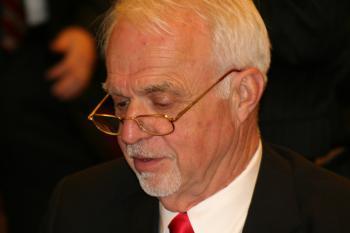
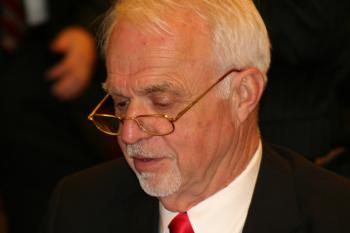
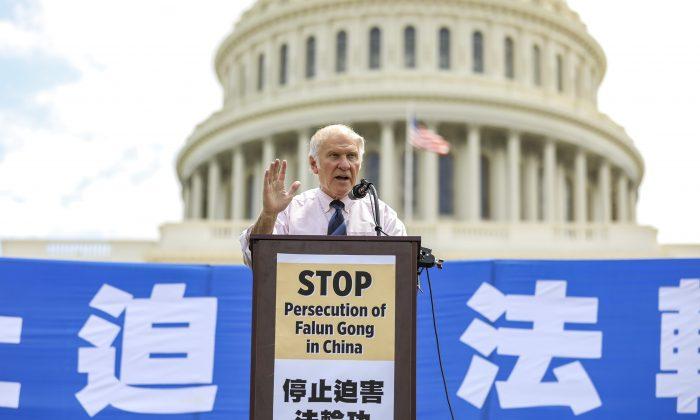
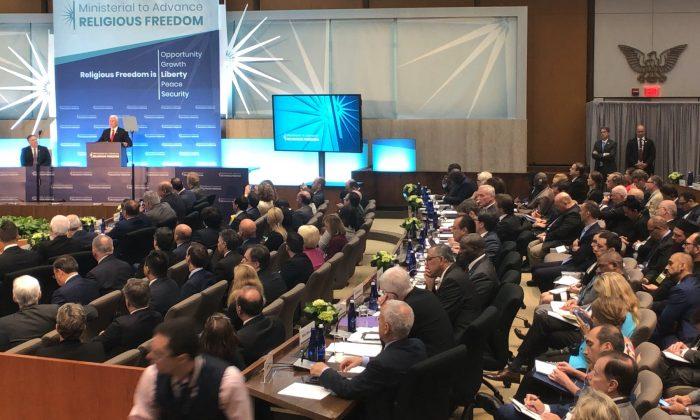
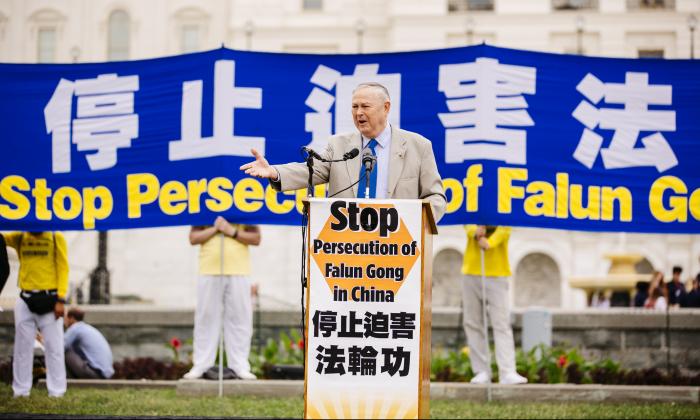
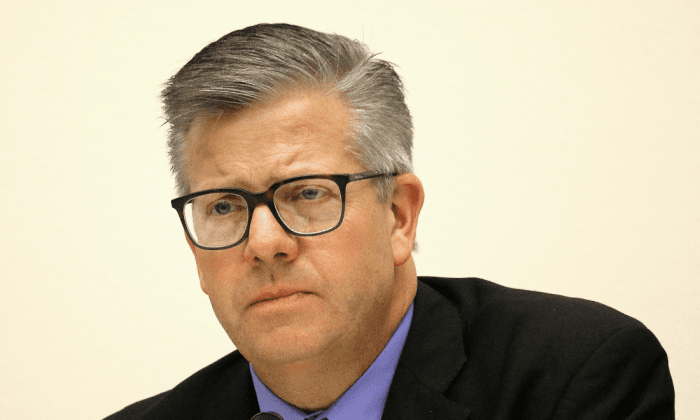
Friends Read Free